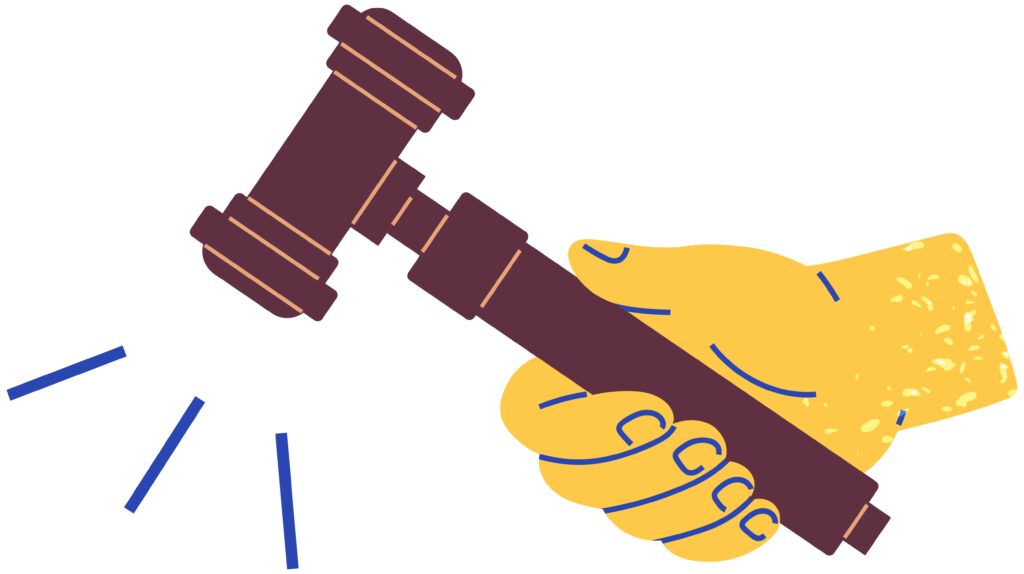The Federal Trade Commission’s privacy complaint against Kochava rides again.
The commission refiled its amended lawsuit on Monday in a federal court in Idaho, where Kochava is based.
There aren’t any details available yet about how the FTC is reframing its case because the updated complaint was filed under temporary seal.
The FTC took this route, it writes, “out of an abundance of caution,” because some of the material it references “could constitute trade secrets and [is] entitled to confidential treatment.”
Although the FTC says it doesn’t believe its complaint reveals any of Kochava’s trade secrets, it’s leaving it up to the court to decide, at which point the materials might be made public.
Kochava plans to continue defending itself.
“Impelling hypothetical privacy violations into an unfair business practice claim didn’t work the first time,” CEO Charles Manning said in a statement shared with AdExchanger, “and we expect the FTC’s amended complaint will, once again, fail to survive Kochava’s forthcoming motion to dismiss.”
But how did we get here?
Legal review
There have been a lot of twists and turns in the legal drama between Kochava and the FTC.
Last summer, the FTC approached Kochava and offered a proposed consent order, which is another way of saying “settlement,” over the company’s allegedly unfair and deceptive business practices.
The FTC accused Kochava of collecting potentially sensitive geolocation data and making it available to other companies through a marketplace. According to the FTC, the data was being sold in a format that would allow companies to track consumers moving to, from and between sensitive locations, such as abortion clinics, places of worship and drug treatment facilities.
But Kochava refused to settle, arguing that the FTC’s accusations were too vague, filing a preemptive lawsuit of its own in return that claimed the agency was threatening a baseless lawsuit.
Shortly after, the FTC followed with another lawsuit, alleging the same sensitive location-related violations Kochava had refused to reach a settlement on.
Earlier this year, Kochava filed a motion to dismiss the FTC’s second lawsuit, which was granted in May.
Although B. Lynn Winmill, the judge on the case, said he believed the FTC’s privacy concerns were “certainly legitimate,” he also ruled they failed to prove a likelihood of substantial consumer injury, as required by the FTC Act.
Winmill gave the FTC 30 days to refile its case and put what he called more “flesh on the bones,” including specific examples of harm.
The deets
It’s worth noting Winmill didn’t dismiss the FTC’s original case because he doesn’t think the agency has a legitimate argument.
Despite granting Kochava’s motion to dismiss, he acknowledged the FTC’s charge that its collection and use of location data is “opaque to consumers.” Even if they do give consent, they’re likely unaware that their data will be aggregated, linked to mobile ad IDs and sold.
In Winmill’s words: “The FTC has adequately alleged that consumers lack the information necessary to make informed choices and avoid the harms allegedly caused by Kochava’s practices.”
For its part, Kochava has argued since the beginning that the FTC’s allegations are too broad and its case doesn’t point to a specific law or regulations that explicitly prohibit its business practices.
“We remain hopeful that by seeking regulatory clarity and challenging the FTC’s ambiguous claims [it] will ultimately benefit consumers and advertisers as a whole,” Manning said.
The question now is whether the FTC has fleshed out its complaint enough to satisfy the court. We’ll have to wait until the court rules on whether to unseal the documents to know what’s in the updated lawsuit.















